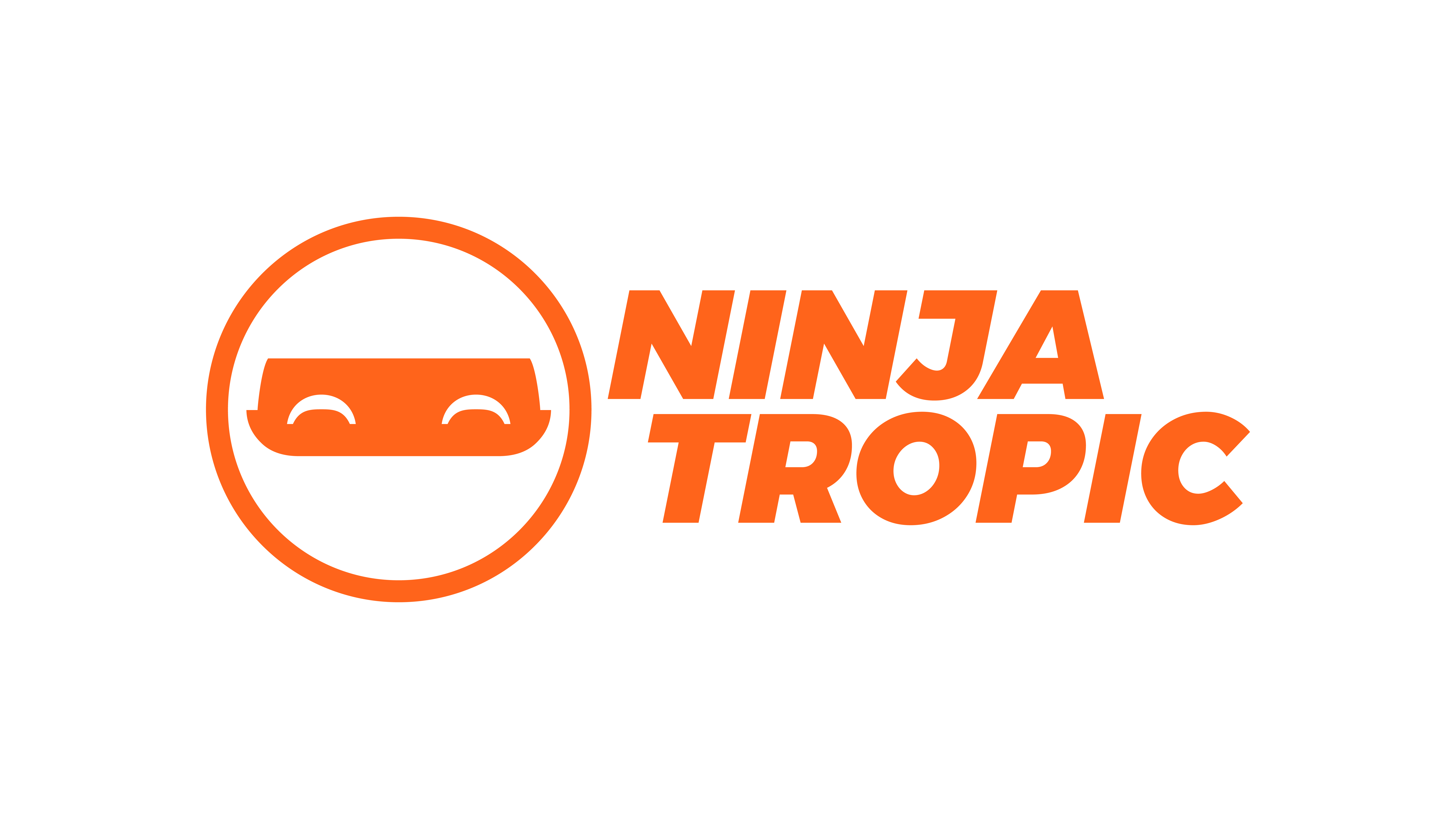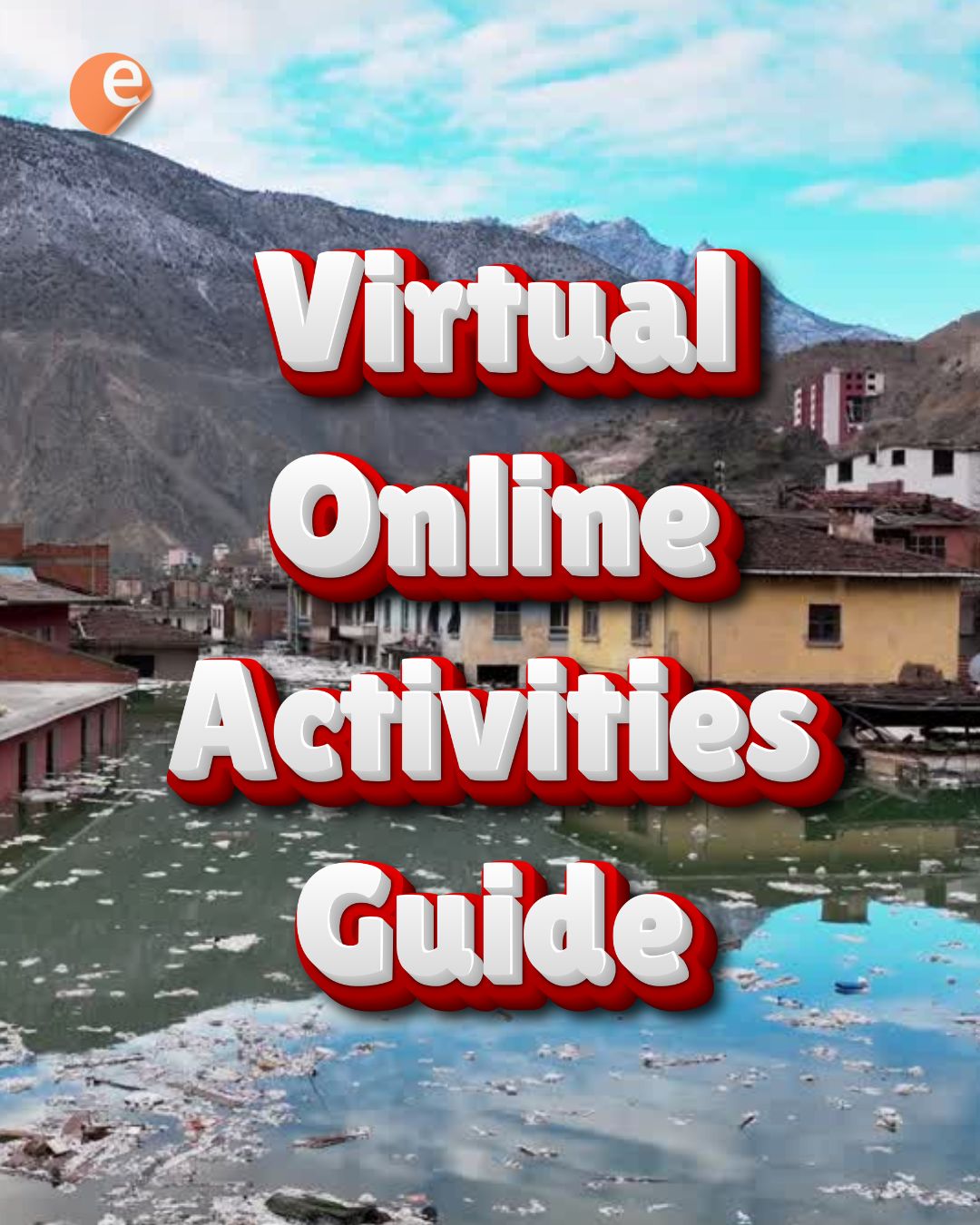This article is written in collaboration with Ninja Tropic and eLearn Magazine.
Small business owners, as well as other leaders of small teams in the private, non-profit and even government sectors face a surprisingly common set of challenges in the intersection of people, information and technology. From figuring out the best tool that’s catered to their needs, all the way to their ability to deliver value and innovate sustainably; including of course time, money, skills and other constraints, a growing number of organizations have found in Learning Management Systems a mighty basecamp that can help tackle them.
Embarking on the LMS journey is akin to preparing for an expedition. It begins with careful planning, proper and complete equipment, and a strategic mindset that can be spread to each team member. This is true for small businesses treading through the challenging terrain of digital learning, a team in charge of a limited initiative within a larger enterprise, or even government at local levels or very niche offices.
With limited resources, this venture might seem daunting, but with the right strategy, an LMS becomes a direct and clear ally in your quest for learning, growth and change.
In this article, we will navigate a sequence of 5 challenges, together, and share expert insight, real examples and clear advice that will help you turn these hurdles into stepping stones.
Let’s get started!
№1: Lack of affordable LMS options
The Challenge: Scaling the budget hill can be a steep climb for small businesses. High-end LMS platforms, with their alluring array of features, often come with a price tag that’s just beyond reach. In many cases, this leads to owners and leaders to not even bother understanding LMS, let alone their benefits.
The Solution: Think value-for-money in addition to budgetary constraints alone. Implementing an LMS is a long-term investment with a fair share of upfront costs. But properly set up, it will continue to deliver on people skills, communication, efficiency and even culture. Even if you’re not a finance guru, one magic word could be all it takes to a successful LMS pitch: Return on Investment (ROI).
Check out: ROI in Learning and ‘ROAI’: A Keep-It-Simple Approach
In any case, keep in mind that the LMS marketplace is highly competitive, with ever-slimmer margins. Sales rep will try to get you excited about a comprehensive solution right off the bat, at a time when all you need is a simple tool that gets the job done at a fair price. So here are 3 tips when looking into first-time LMS solutions:
- Scout for budget-friendly trails: Your journey begins with finding the right path–one that offers the best views without the hefty cost. Open-source LMS platforms, or those offering free tiers, are not-so hidden gems, packed with the essentials and a little more. It’s no mystery why virtually all small schools and classrooms around the world are able to find everything they need for free.
- Pack only what you need—but always leave room: It’s essential to carry only what’s necessary, but make sure simplicity doesn’t turn against you later on. Will you be building your educational content, or are you looking for a grab-and-go course library? How critical is technical support? Feature modularity is a must-have, and fortunately a paradigm you can find across the most popular LMS, open source and proprietary alike. Just make sure you avoid the extra weight of costly add-ons that don’t make sense just yet, without going down a trail with no return.
- Negotiate: Just as you would navigate rough terrain, engage in discussions with LMS providers, as well as your team and would-be users. Many are willing to customize a package that fits within your budget, offering the tools you need without the extras you don’t. A good LMS sales rep acts as a local guide who tailors the journey to your capabilities and interests, and your whole user base is the tour group. If they show your knowledge and gain your trust, they might interest you in features you didn’t know about or didn’t think could provide decisive advantages early on.
№2: Making the LMS work for you
The Challenge: Finding the perfect LMS for your small business or team is just the start. Where do you want the LMS to take you? Plans and priorities are likely to change, which can compromise the usefulness of a given course or learning plan and make you unable to recoup all the costs involved.
The Solution: Focus on repurposable content as much as you can. Identify the learning or upskilling needs that would contribute to the higher number of focus areas. And above all, ensure your business and team has a “north star,” a unique objective that’s clear for you and the market, and you can use to evaluate the impact of any effort.
- Map out the terrain: With a clear idea of your biggest pain points, you can aim towards an efficient, yet flexible path. LMS have proven capable of successfully addressing issues related to skills and proficiency, engagement and alignment to organizational goals —aka the “bottom line”— simultaneously if you wish. A good LMS provider can assist you here with insights, from case studies of similar customers; or a dedicated team that provides you with education, support or consulting.
- Test the grounds: Eventually, there is no way around it. to figure out whether your LMS implementation can do the job, just put it to the test. Optimizing an LMS is a process measured in months and weeks, but most modern-featured ones can be useful out-of-the-box. With your course added, or using sample content provided by your vendor, you can start gauging first impressions and evaluate specific features. You may even request this before you sign up for a long-term commitment.
- Find your path to scalability: Your business or organization is not static. It’s an evolving journey. You wouldn’t be thinking about an LMS otherwise! As you, your team and user base find a comfortable pace exploring and drawing value out of your LMS, it’s a good time to think about what’s next. Will the number of users multiply? Will you seek evidence valid for certification or compliance? Will you be looking to calculate the actual cost-benefit of your LMS implementation and optimize alignment? These are make-or-break questions. Whether your relationship with the LMS is meant for the long run depends on positive answers from your vendor.
At this point, it is worth emphasizing the importance of LMS data. Keeping track of actions taken in your course design, content or overall setup, will allow you to build datasets on which you can test hypotheses, validate the outcomes of your efforts, and ultimately be able to tell if you’re moving forward with your LMS.
Read also: An LMS Data Boost To Elevate Your Learning Experience
№3: Engaging the team to (and in) the LMS
The Challenge: Convincing your team and other users to join the LMS trek is more art than science. Prior experiences and dispositions, attitudes towards technology or just personality can factor in how they relate and draw value from your LMS implementation. This happens often in unpredictable or chaotic ways.
The Solution: Be relentlessly user-centered. There is no shortage of approaches, methodologies and tools that allow you to keep learning from users, and refining and experience in consequence.
- Choose user-friendly terrain: The headway to engagement begins with making the LMS easy to navigate. An intuitive, user-friendly interface is a well-marked trail that encourages exploration and reduces frustration. And we haven’t even started with accessibility.
- Quality onboarding: Just as you wouldn’t embark on a hike without the right preparation, ensure your team is well-equipped to use the LMS. Conduct training sessions that are engaging and interactive. Make them practical by fostering learning by doing every chance you have. Bonus points if you are able to “close the loop,” by taking note of common points where users get lost, and report back to the design or UX team.
- Outsourcing for expert guidance: In scenarios where you lack a dedicated in-house team for LMS training, consider outsourcing this task to LMS admin support services. Outside experts can bring a wealth of experience and tailored strategies to ensure effective LMS adoption. They act like experienced guides, leading your team through the intricacies of the LMS, ensuring everyone is equipped to use it to its full potential. An hourly based consultant can be particularly beneficial for small businesses that may not have the resources for a full-time specialist. It’s a flexible and cost-effective way to ensure your team receives high-quality training and support, similar to hiring a seasoned guide for a complex trek.
№4. Strategic decision making
The Challenge: Either by “analysis paralysis” or plain old inaction, outcomes and evidence generated by the LMS fails to inform standard practices or become the basis for necessary change management.
The solutions: Work towards achieving a sense of the full picture. Remember what your goals are, why the LMS you invested in is deployed, and the logical sequence of steps that would connect both.
- Use your analytics compass: Most modern LMS platforms come equipped with built-in analytics tools–your compass in this data terrain; or are also available via integrations. These tools can guide you through the maze of user engagement metrics, course completion rates, and assessment scores to uncover meaningful insights. It’s about finding the story in the data, understanding how your employees are interacting with the courses, and identifying areas for improvement.
- Reach for the high ground: When faced with a plethora of data, it’s easy to get overwhelmed. Focus on the key metrics that align with your business goals and learning objectives, and forget everything else. Simplicity means survival: It’s like highlighting the essential landmarks on your map, making it easier to navigate, understand, and reach where you need to be.
- Ask the locals: Sometimes, the best way to navigate unfamiliar terrain is to seek guidance from those who know it best. In recent years, communities of practice within LMS, where students, teachers and other roles gather as equals to discuss findings, provide support and advice. They can provide deeper insights and help you make informed decisions about your next move.
№5. Safeguarding the Trek: Ensuring Compliance and Security
The Challenge: As you comfortably traverse the LMS landscape, a small gap could make your vehicle completely unusable. Or worse, it could render you in violation of regulations or laws.
The Solution: Approach LMS security proactively, and in a communal, hands-on way.
- Stay on marked trails: Keeping abreast of compliance standards is like staying on marked trails. Regularly update yourself and your team on relevant regulations and industry-specific compliance standards. This vigilance ensures that your LMS journey stays within legal boundaries.
- Choose the safer road: Ensure your LMS follows the state of the art regarding security practices and patches. A compliant LMS provides the assurance that you’re safeguarding your business and your learners’ data.
- Fortify your camp: Implementing robust security measures in your LMS is crucial, but technical safeguards are meaningless without proper training. Enable strong security protections, and make sure all the users know they’re doing the job.
Navigating the learning landscape as a small business is an adventure filled with challenges and opportunities. But with the right LMS implementation, it’s going to be a joyride. By adopting these strategies, you can confidently chart your course, ensuring that your LMS becomes a powerful tool for growth and learning.
Remember, every great journey starts with a well-planned first step. Equip yourself with the right knowledge, tools, and mindset, and embrace the exciting trek that is LMS administration. Happy trails!

Written by Erick Prospero, CEO & Diana Amaral, Senior LMS Manager at Ninja Tropic. Erick is a renowned thought leader in the microlearning and corporate training space. Diana is an experienced LMS admin and project manager, knowledgeable in delivering highly engaging training in over a dozen different LMS. Learn more about what Ninja Tropic can do for you








